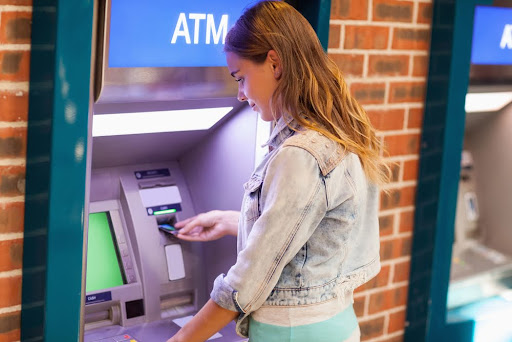
Cash-out refinance is the process of gaining access to the equity of one’s home, through a single lump sum cash payment. Although it has several advantages, there exist serious disadvantages that should be known. Some have made inquiries on what the cash-out refinancing pros and cons are before reaching a conclusion.
What is Cash-Out Refinancing?
Cash-out refinance is a product which will enable a homeowner to replace the old mortgage with a new loan amount that exceeds the current balance of what he owes. The difference between the old loan balance and the new loan amount would thus be paid to the homeowner in cash. This type of refinancing is quite valuable to most individuals who need funds for home improvement, debt consolidation, or even larger expenses.
Cash-out refinancing is different from a traditional refinance in that a borrower takes a mortgage that exceeds the current balance of the original loan, and the borrower receives the difference between the two.
Benefits of Cash-Out Refinancing
1. Available Cash
Cash-out refinancing allows the homeowner to obtain a lot of money all at once within a short time period. This is ideal for those who need home renovations, debt on their credit cards, or any type of personal cash flow needs.
2. Interest Rates Are Lower
Since interest rates on a mortgage are generally much lower than on other high-interest debt consolidation loans, credit card debt, or personal lines of credit, it becomes easier for those carrying debt with higher interest rates to fund that at lower interest rates through a mortgage while saving the homeowner money in fewer monthly payments and paid interest over time.
3. Debt Consolidation
Another very common application of the process is cash-out refinancing. This kind of refinancing essentially is done to pay off debt. Combining the liabilities of the credit cards with help from the proceeds of a cash-out refinance, through this procedure, the homeowner combines monthly payments, which saves interest by so doing.
4. Tax Advantage
When the cash-out refinancing proceeds are used in home improvement, which is also tax deductible just like the interest on the original mortgage, then the new mortgage interest may also be as low as that of the old mortgage. The tax saving realized by a homeowner through the use of cash-out refinancing requires an individual to consult with a tax advisor.

Disadvantages of Cash-Out Refinancing
1. Higher Interest and Replacement
The cash-out refinancing contributes to the loan balances that mortgagors carry on their mortgages. This, though a pretty nice way of getting at one’s cash, also carries an increased mortgage—a higher mortgage balance and a more substantial monthly payback.
2. Risk of Foreclosure
Much like other mortgages, failing to pay them results in foreclosure on the home. This can be particularly intimidating to many who cannot afford higher mortgage payments associated with cash-out refinancing.
3. Longer Loan Term
That is, if homeowners accept a longer term on their new loan, they are actually paying for their house for a much more extended period of time than they would have had they agreed to shorten the term of their new loan. Such an extension may imply more interest paid over the life of the loan, even though monthly payments are lower.
4. Costs of Refinancing
The closing costs of refinancing, in general, vary between the thousands and tens of thousands of dollars. Among the known costs, appraisals, title insurance, and lender fees should be included by homeowners when deciding on cash-out refinancing and whether they will benefit more from it than incur from the fees.

Who Should Consider Cash-Out Refinancing?
Cash-out refinance is quite good for homeowners who hold a large amount of equity in their houses and believe they can service the new loan installment payments. However, it can be very well applied for those looking to consolidate debts with high rates of interest, finance home improvement, or raise cash for other big expenses.
However, any homeowner with already high debt or with very low income has to be very cautious while taking cash-out refinancing. Debt levels may shoot up to such heights that it becomes financially unmanageable.
Many benefits are offered to a homeowner through cash-out refinancing. To name a few, these may include access to the cash, interest rates that are lower than prevailing rates, and the ability often to consolidate multiple debts. The major risk is that the technique will be dependent on the financial position, probable loan terms, and resultant costs that can make sure the homeowner makes an appropriate decision for his long-term financial future.